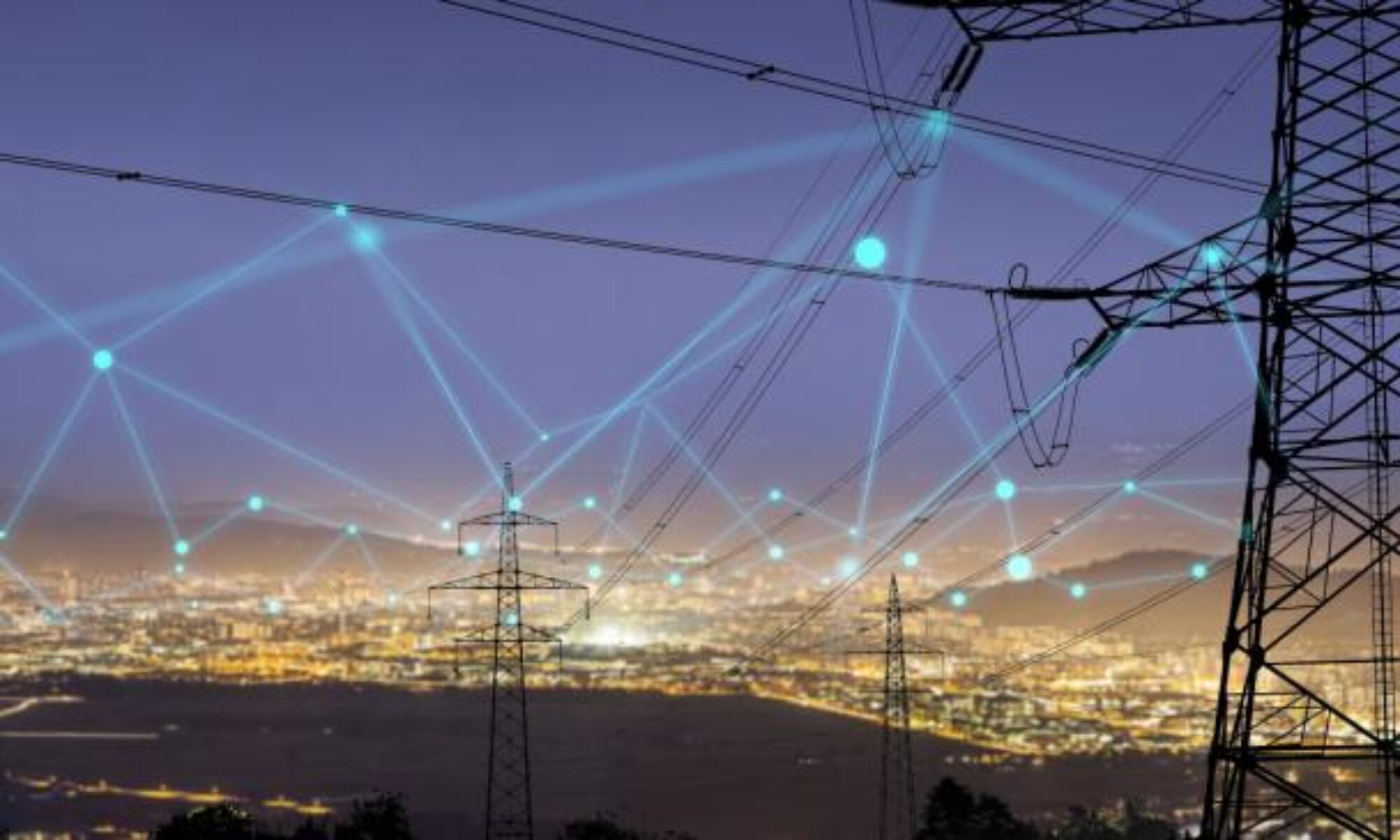Watched a fascinating YouTube video on climate change and personal responsibility. It is well worth the 15 minutes or so to watch all the way through (URL at the end of this article) but if you don’t have the time, let me summarize it for you. In a nutshell, while taking personal responsibility for actions to mitigate greenhouse gas emissions (GHGE) is laudable, too much focus on individual actions can distract us from what really needs to happen.
But let’s take a step back and establish the context. Most people are aware that nearly everything we do to make our lives more comfortable – eat, wear clothes, drive vehicles, condition the air, using electricity, build buildings and roads – is destructive to the environment. We know that the big sources of GHGE are building heat, internal combustion engines, power plants. But many of us lack perspective on how much influence taking action on one front affects the other. Consider that the emissions resulting from making one new electric car is equivalent to that resulting from building 6 feet of roadway. So if we continue to build roads, switching to electric cars is not going to have a huge impact.
We need to also consider the sources of these emissions and the divide between rich and poor. Just having the richest nations cut back on their lifestyles is important, but the fact is that 63% of global GHGE comes from low to middle income countries. They are not living extravagantly, and, in actual fact, many are trying to simply escape poverty and become middle class. So, telling them to reduce emissions looks a lot like trying to keep them from improving their lot in life. And telling countries to build solar and stop burning wood when they cannot meet basic needs doesn’t help. Consider this- a cheap and easy way for developing countries to build affordable housing is by using concrete. But concrete manufacture accounts for 8% of global GHG emissions. For some of these countries, more GHGE is a good thing.
Right now, the global population is nearly 8 billion and will exceed 10 billion by the end of this century. Animal based food production constitutes 57% of global GHGE, using 40% of the world’s habitable land. Eating less meat alone won’t stop climate change, but we can’t stop climate change without eating less meat.
Here’s where the personal responsibility discussion comes in. We’ve all heard the exhortations for everyone to do their part. Eat less meat, buy an electric vehicle, double glaze your windows, use heat pumps, turn off lights when not in use – the list goes on. We don’t appreciate the scale of the problem when this happens. During COVID most of the world’s population did many of these things, yet the total reduction in GHGE in 2020 was 7%.
The personal responsibility argument has been one of the most effective and sinister attempts to distract us from the reality of the situation. Few know that this argument about reducing your carbon footprint originated in 2005 when it was popularized by the oil producer, BP. The fact is that if a person eliminated all GHGE over a 70 year lifespan it would amount to 1 second of emissions from the global energy sector.
The best you can do is deal with the realities of the situation. You can promote your priorities through your behavior. If you choose to eat less meat or drive an electric vehicle and can afford to do so, great. But don’t do it because you feel guilty by not doing so. Do it because you will be doing your tiny, tiny part for systemic change we need.
What this means is that we need to appreciate the magnitude of this problem and focus on systemic change in technology development, politics, and the economy. Major investments and incentives in technological solutions are necessary. And as more people direct their purchasing to items that play a role in reducing GHGE, their costs will come down. Significant progress can be made by influencing those large levers in that system – politicians, technologists and industries – by people at the ballot box and by voting with their buying power.
So do your part with lifestyle changes AND make sure to elect the right people to pull the levers!
Kurtzgesagt YouTube video: https://www.youtube.com/watch?v=yiw6_JakZFc&t=318s
